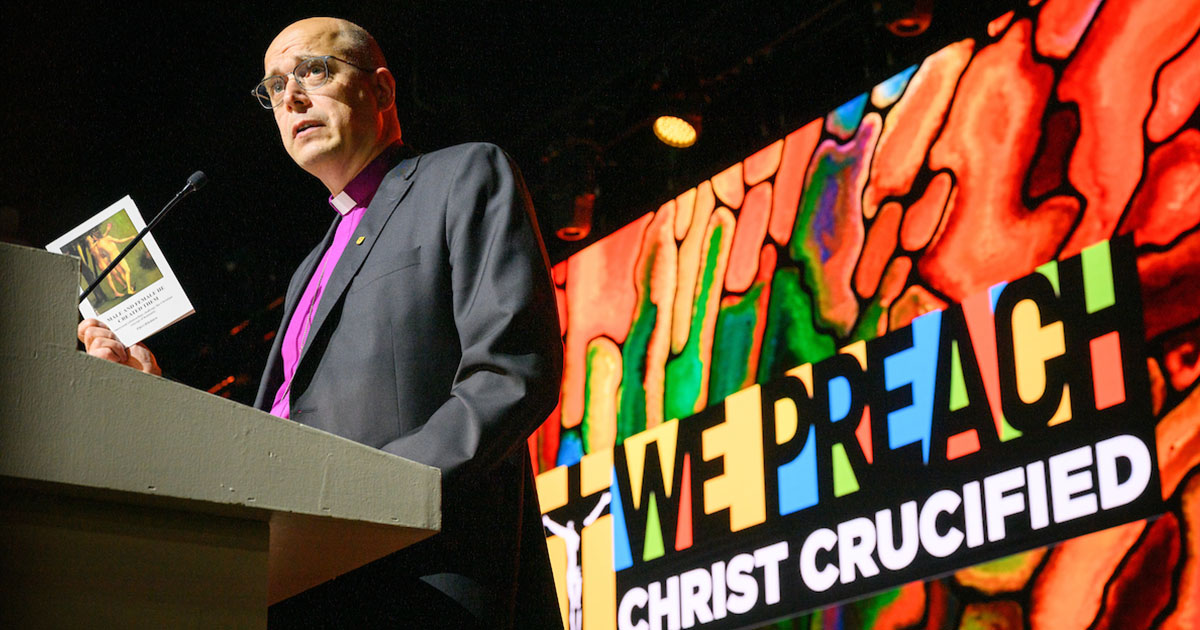
By Mathew Block
FINLAND — The latest round of hearings in Finland’s “Bible trial” were held Aug. 31 and Sept. 1 at the Helsinki Court of Appeals.
The Rev. Dr. Juhana Pohjola, bishop of the Evangelical Lutheran Mission Diocese of Finland (ELMDF), and Dr. Päivi Räsänen, a member of the Finnish Parliament, have been charged with hate crimes for their articulation of historic Christian teaching on human sexuality. The prosecution objects to statements made by Räsänen in a radio discussion, a tweet by Räsänen that included a picture of a Bible verse, and a 2004 booklet authored by Räsänen and published by Pohjola and the ELMDF.
The trial has drawn international concern over the state of freedom of religion and freedom of speech in Finland. The International Lutheran Council (ILC) is urging continued prayer for the defendants.
“I’m overwhelmed by the support and prayers pouring out from all over the world,” said Pohjola. “This is very encouraging for us in the ELMDF, and for Dr. Räsänen and me personally.”
Pohjola and Räsänen were first investigated in 2019, charged in 2021 and put on trial in 2022. They were ultimately acquitted by a three-judge panel who declared: “It is not the role of the district court to interpret biblical concepts.” The prosecution appealed the decision, however, leading to the new hearings in Helsinki.
“This has been a tiring process — already four years since its beginning — and in many ways the process itself is punitive,” noted Pohjola. “But it is also an opportunity for us to give good witness to biblical truth, to God’s created order and to His grace in Christ Jesus.”
The appeal hearings did not see the prosecution present any substantial new evidence. Instead, the prosecution argued that the judges in the district court failed to apply the law appropriately. Like the initial trial, the appeal centered on the religious beliefs of the defendants and the public expression of their faith.
“In the court today, although the prosecutor said that this is not about theological issues, the case nevertheless dealt with many basic questions of Christian doctrine: what is creation, what is the Bible, what is God’s love, what is sin,” Pohjola remarked. “That is what is shocking: the prosecution is arguing that such religious and biblical teachings should not be protected in and of themselves, and that restrictions should be put on our speech. But in a free society, there must be room for religious groups to publicly teach and confess their faith.”
A judgment from the Helsinki Court of Appeals is due by Nov. 30.
Mathew Block (communications@ilcouncil.org) is manager of communications for the International Lutheran Council.
Posted Oct. 4, 2023